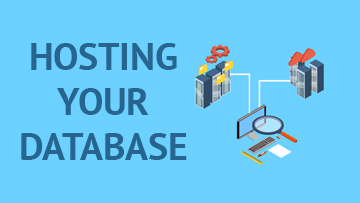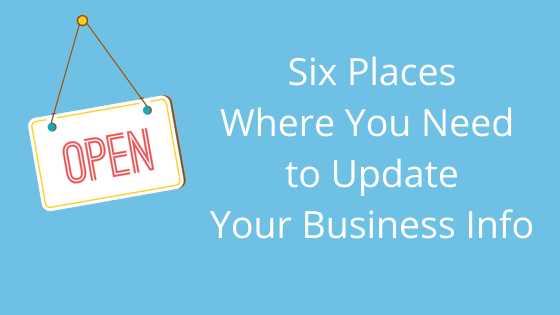 Hosting Your Database
Hosting Your Database
Hosting a database separately from your other server can free up resources and help boost efficiency. Giving your database its own server bring out its maximum potential without hindering other processes on the server. This is an excellent option for those who feel that their database is competing for resources on a server with multiple operations.
However, what do you need when it comes to finding a database-only server? What specifications should you look for? Read on to see our recommendation.
 Powering Your Database
Powering Your Database
The knee-jerk reaction when searching for a database server is to judge a server based on how much disk space it has. While it is essential to get a server that has enough storage space for your database, it isn’t the only resource that influences your database’s performance.
Databases create caches of indexed data to increase the speed of processing and data availability. However, databases need RAM to create these caches. RAM is also required for creating temporary tables and buffers that databases need. So it is essential to consider a server’s RAM, as well, when searching out your ideal hosting solution.
Below, we have made server resource recommendations for an average database. Each database is unique, so your database may differ from the example we’ve listed. However, these specifications are a good starting point in your journey to find the ideal server and may help you visualize what things you should be looking for.
Make sure the disk drives you choose offers enough space for your database. Our recommendations use a size based on what we considered small to medium-sized databases so your needs may differ, especially if you have multiple large databases with high usage.
Recommended Specs
| CPU | Drive | RAM |
| 8 Cores | 240 GB SSD | 32 GB |
RAM and drive storage is essential to consider when creating a server to hold databases. We’ve listed 240 GB for the storage space, but if your databases exceed this size, you can use our dedicated server configurator to select the disk drive that best fits your needs.
The RAM is essential for database usage. To be prepared for usage, a database server should have at least 32 GB of RAM. With 32GB of RAM, the server will be able to handle all the queries without a hiccup when the experiencing moderate usage. If your databases are subjected to constant heavy usage, consider upgrading the RAM amount. Think the specs above are a perfect fit for your app? You can sign up for the database server package here.
For help deciding on what specs work best for your server, you can contact our sales team and they can help find the specs that work best for you.
 Hosting Your Database Right
Hosting Your Database Right
No matter the size or usage of your database, you can find your needed specifications on our dedicated server configurator. Build your server to best fit your database’s needs. Ready to get started? Check out our database server package here. If you need help selecting a different set of specs, just contact our Sales team, and they’ll help you decide what configuration best fits you.




